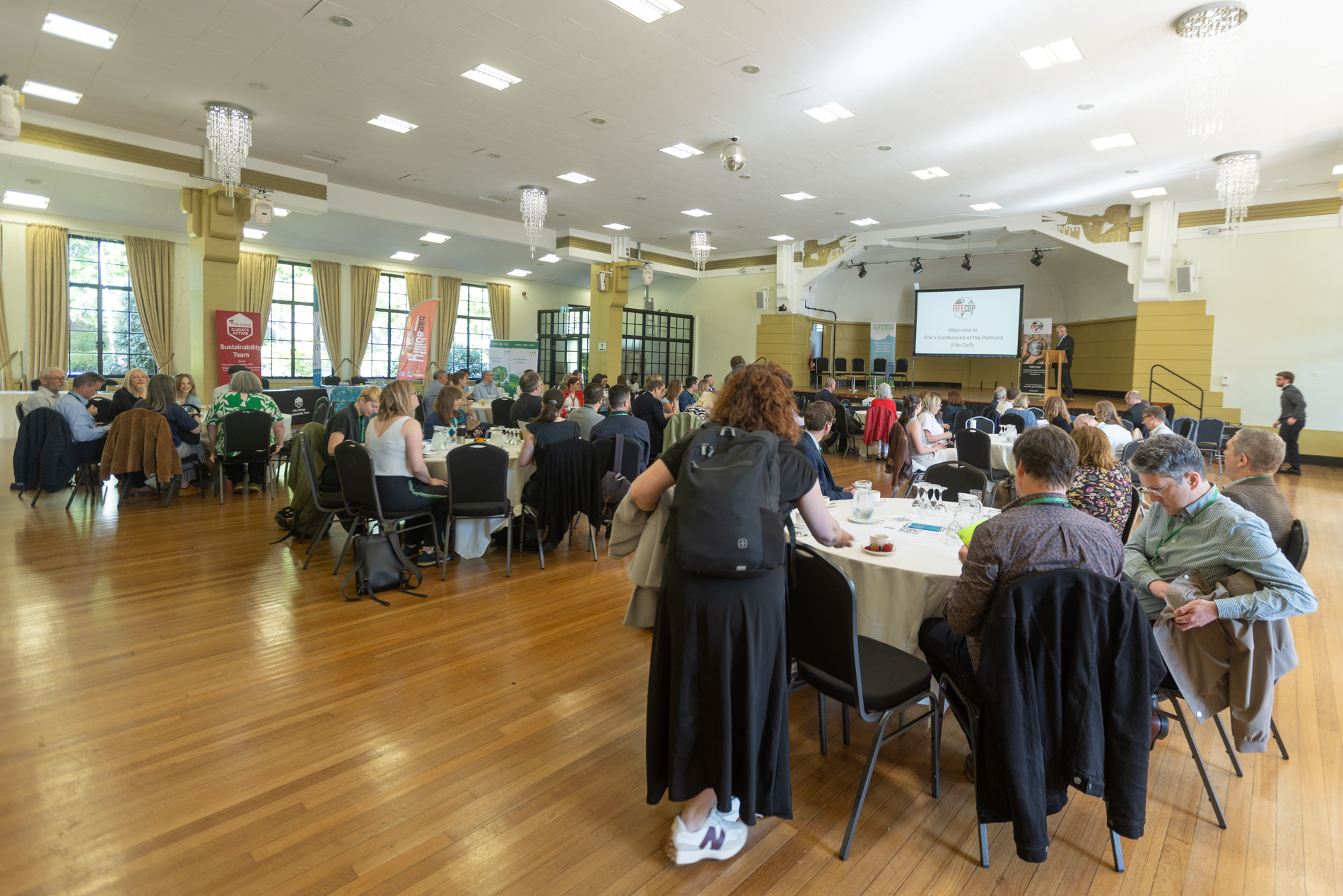Some cookies used are essential to providing a service, while others help us improve your experience and provide us with insights into how the site is being used.
For more detailed information about the cookies we use, see our Cookies page.
Necessary cookies enable core functionality such as security, network management, and accessibility. You may disable these by changing your browser settings, but this may affect how the website functions.
We'd like to set Google Analytics cookies to help us to improve our website by collecting and reporting information on how you use it. The cookies collect information in a way that does not directly identify anyone. For more information on how these cookies work, please see our 'Cookies page'.
We'd like to allow Social Media cookies to provide a richer experience. These cookies will allow us the ability to list Fife Council tweets and Facebook posts, Google maps, audio clips & Videos on some of our pages. Our videos use Youtube's privacy-enhanced mode.
These cookies allow us to show relevant adverts to the content you are viewing. They also provide the ability to deliver targeted online advertising across other platforms like Facebook, Google, Instagram and the Quantcast network.
Over the past year, organisations across Fife have been working together to respond to the climate emergency. The Fife Environmental Partnership and the Addressing the Climate Emergency Board have helped coordinate this work, bringing together public services, colleges, charities, and community groups.
Their focus has been on three main areas:
In terms of energy, the Dunfermline Learning Campus was completed with sustainability in mind. A new Local Heat and Energy Efficiency Strategy was approved, and a retrofit skills project was delivered to help improve the energy performance of homes.
For resilience, communities along the coast have been involved in projects to manage erosion and rising sea levels. A grant scheme was launched offering up to £5,000 to help homeowners and small businesses protect their properties from flooding. Local Community Resilience Forums have continued to support emergency planning, working with Police Scotland and the Fire and Rescue Service.
On the community side, over 100 people took part in climate workshops across Fife. These conversations focused on practical ideas like growing local food, improving access to green spaces, and encouraging reuse and recycling. Funding from the UK Shared Prosperity Fund supported projects including community allotments and solar panels at Craigtoun Park, Andy’s Men Shed, and Auchtertool Village Hall.
This work supports the Plan for Fife by helping reduce carbon emissions, improving public services, and involving communities in local decision-making. It also contributes to wider goals like tackling poverty and improving health by making homes more energy efficient and supporting local food and transport initiatives.
The work is continuing under the Climate Emergency Action Plan and the Local Energy Efficiency Strategy, with a focus on scaling up successful projects and supporting more communities to get involved.
